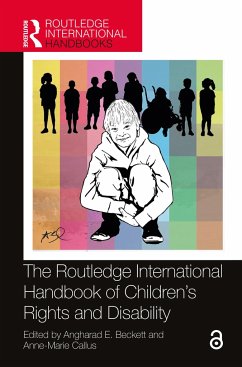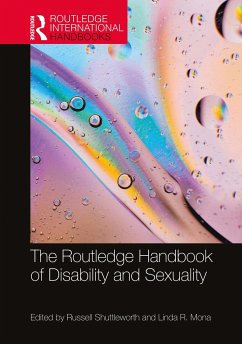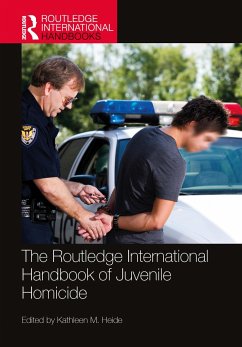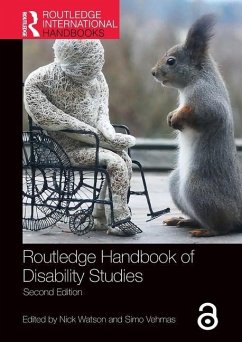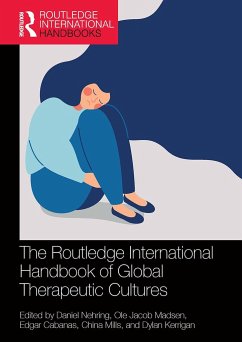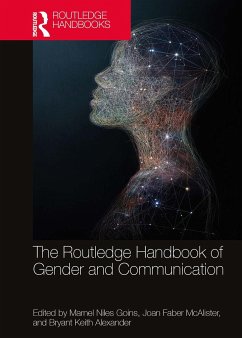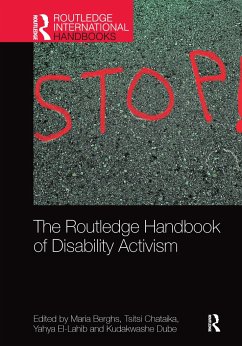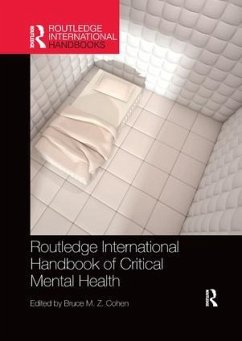
The Routledge International Handbook of Mad Studies

PAYBACK Punkte
25 °P sammeln!
By drawing broadly on international thinking and experience, this book offers a critical exploration of Mad Studies and advances its theory and practice.Comprised of 34 chapters written by international leading experts, activists and academics, this handbook introduces and advances Mad Studies, as well as exploring resistance and criticism, and clarifying its history, ideas, what it is, and what it can offer. It presents examples of mad studies in action, covering initiatives that have been taken, their achievements and what can be learned from them. In addition to sharing research findings an...
By drawing broadly on international thinking and experience, this book offers a critical exploration of Mad Studies and advances its theory and practice.
Comprised of 34 chapters written by international leading experts, activists and academics, this handbook introduces and advances Mad Studies, as well as exploring resistance and criticism, and clarifying its history, ideas, what it is, and what it can offer. It presents examples of mad studies in action, covering initiatives that have been taken, their achievements and what can be learned from them. In addition to sharing research findings and evidence, the book offers examples and insights for advancing understandings of experiences of madness and distress from the perspectives of those who have (had) those experiences, and also explores ways of supporting people oppressed by conventional understandings and systems.
This book will be of interest to all scholars and students of Mad Studies, disability studies,sociology, socio- legal studies, mental health and medicine more generally.
Comprised of 34 chapters written by international leading experts, activists and academics, this handbook introduces and advances Mad Studies, as well as exploring resistance and criticism, and clarifying its history, ideas, what it is, and what it can offer. It presents examples of mad studies in action, covering initiatives that have been taken, their achievements and what can be learned from them. In addition to sharing research findings and evidence, the book offers examples and insights for advancing understandings of experiences of madness and distress from the perspectives of those who have (had) those experiences, and also explores ways of supporting people oppressed by conventional understandings and systems.
This book will be of interest to all scholars and students of Mad Studies, disability studies,sociology, socio- legal studies, mental health and medicine more generally.






